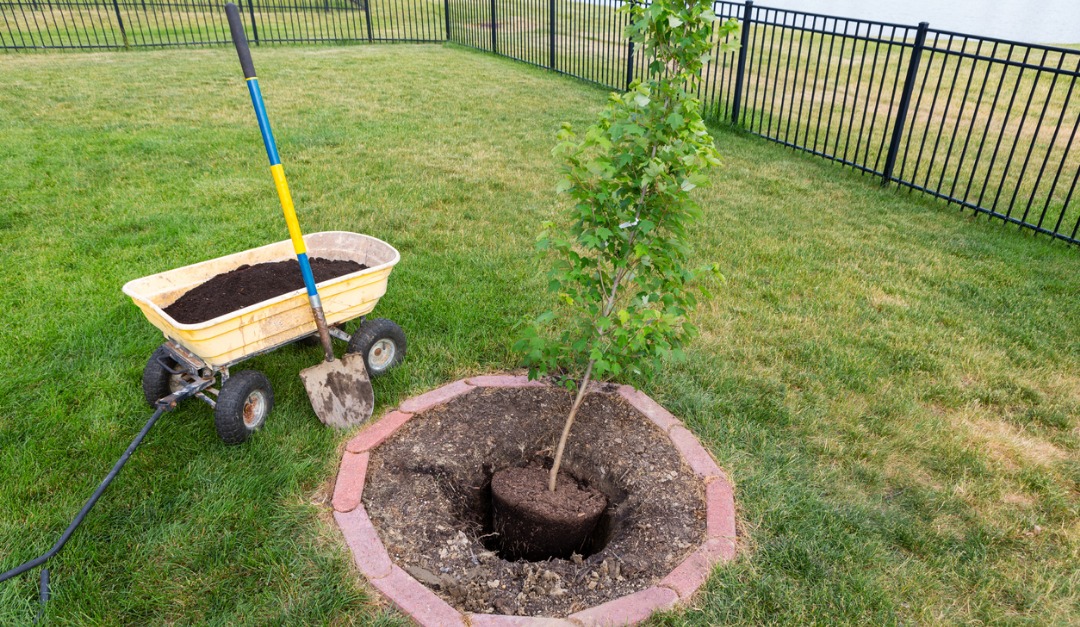Trees can beautify your yard and provide privacy and shade. They can also cause problems, such as fallen leaves and fruit that make a mess. Be sure to choose the right species so you don’t wind up regretting your decision.
Why Do You Want to Plant Trees?
Hardwoods tend to grow slowly and have a long lifespan. Trees that grow faster are usually smaller and have softwood. They generally don’t live as long as hardwood trees.
If your house gets too much direct sunlight and you want to have shade as soon as possible, select a species that grows quickly. Tulip trees, honey locusts and willow oak are popular choices. You should also choose fast-growing trees if you’re interested in the flowers or fruit they’ll produce.
Conifers can provide privacy, and taller varieties can offer shade and block wind. Pine trees grow well in a variety of climates. Spruce trees are also popular.
How Much Work Are You Willing to Do?
Deciduous trees have leaves that often turn brilliant colors in the autumn before they fall to the ground. The leaves need to be raked or blown and collected, and the branches then remain bare until spring. Only choose deciduous trees if you’re prepared to do the work of collecting leaves or to pay someone else to do it.
Evergreen trees may have broad or needlelike leaves. They keep their leaves throughout the year and can provide picturesque views in any season.
How Much Space Do You Have?
Choose trees that’ll be an appropriate size for your house and the rest of the property when they’re full-grown. Plant shorter trees near the house and taller ones in other parts of the yard.
If you have a relatively small area available to plant trees, select ornamental species that’ll produce fruit, berries or colorful leaves. Japanese maple, crabapple, citrus and Chinese dogwood trees are some good choices.
What Are the Climate and Soil Like?
Consider your region’s climate when choosing trees for your yard. The range of temperatures, the acidity or alkalinity of the soil, and the amount of rainfall are all important factors.
If you live in or near a city, the air quality can affect your choice of trees. Pollutants, poor drainage, compacted soil and other urban environmental conditions can make it hard for some species to thrive. Oak, Norway maple, gingko and Washington hawthorn trees may be good choices.
Get Help Choosing the Right Trees
Since trees generally live for decades or even centuries, it’s important to think carefully about which species to plant. Visit a local nursery or garden center, talk to the professionals about your reasons for wanting to plant trees, and ask for advice specific to your region and needs.











